Younger, my interest for money was mainly carried by the amazement I felt when I considered what happened to a dollar bill as it passed through many hands, multiplying its effects. The money I had in my pocket had been in the wallet of another person before me. It had been earned, an employer somewhere had had it, that employer obtaining it from a customer maybe, who had in turn gotten it in exchange for doing a job or from a bank robbery, who knows.
That dollar in my pocket, I would soon spend it, throwing it back into the economy. The shop owner I would give it to would probably use it to buy products from someone, who in turn would pay another who might go shopping too, always that same dollar bill moving, floating around, traveling so often and far.
I would draw a tiny ‘x’ on my dollar bill to recognize it in case it would come back my way. I tried to imagine all the handbags, wallets, pockets it would encounter, all the things it would represent for each person touching it. How it would get transformed into something else, a different object, purpose, or need. There would be young and old women, tall men and shorter ones, rich and poor, healthy, sick, busy, bored, happy people, not so happy ones, all sorts of individuals handling that dollar bill, each one of them in a unique precise context. Keeping it for a long time, or an hour, perhaps just a minute before letting it go.
When I would pay at the store, I had a strong sense of involvement, perceiving my gesture as one belonging to a thread. Feeling it, the mystery of the journey, my hand only a transit station, a relay, all of us one by one being the energy money needs to continue its trip as we open our palm to either receive it or send it elsewhere. I would have loved to follow that dollar bill, look at those who would one day fold it away, curious about who they were, what they thought, what they looked like. I would try to picture their life, their conversations, their homes. Even the shape of the fingers eventually in contact with that piece of paper.
Whenever I received money, I saw first a secret, an invisible history. I thought such a dimension was important, the essence of money.
I was raised in a family where money was more than a concern, it was a cause. As such, it was alive, it had a decisive plan, destructive always. It triggered catastrophes. The unique reason behind adversity. Described as the origin of all tragedies. It was a sword with a will of its own, striking its victims out of pure malice and cruelty. Wrecking lives as a hobby. The disfigurement of all family relationships brought about not so much by its presence or absence, but by the slightest allusion to its existence. That’s how powerful money was for us. It didn’t even need to show up to elicit internal devastation. Its very idea was more than sufficient.
We moved to a rich part of town when I was about 12. A big old house facing a park where some of the oldest trees in the region could be found. Enormous trees, designing intricate shadows on the grass. Our neighbors were successful professionals, politicians, TV personalities, artists. A judge here. A top journalist there. Lots of doctors. A play writer. A deputy. Quite an elegant area. Kids my age reading books, articulating views on the world, well-traveled, their heads full of projects.
I quickly became aware of our status of nouveau riche. We were surrounded by old money. People who were used to having lots of it, parents, grandparents, grand-grand-parents, never a thought about money. At least, never speaking about it. People who moved around, in fact, as if money didn’t exist.
So, we had the house. But my father was regularly nowhere to be found. And when he was around, he lied. About bills.
The house seemed to me like a gigantic empty shell. It looked impressive from the street, but inside it was quite a different matter. Those damned bills.
I still see my mother calling companies to fill our furnace in the middle of the winter, all of them refusing to deliver because of outstanding, unpaid bills. No oil for us. My mother, on her way to the supermarket, stopping at the bank to withdraw money from the account she shared with my father, the one where she deposited her salary, only to find a negative balance. Nothing to eat, the fridge empty. No heating. The phone not yet disconnected (that would be the day after) ringing and ringing, a car dealer calling to inquire if my mother was satisfied with the new car her husband had just bought her. My mother answering – no, yelling – that she didn’t even have a driver’s permit.
That was hard on the soul, baby.
Three unfed freezing kids. My mother losing her mind. Between fits of moaning desperation, checking with the Tarot cards to see how my father would very soon, of course, be punished: The Fool, the Hanged Man, Death, the Tower, The Devil, all of them conspiring to represent my father on the kitchen table, the designs organizing his downfall, mystic sanctions for his selfish monetary policies.
My mother calling me to witness the verdict of the arcana. Making me repeat their meaning for additional confirmation: Chaos, crash, a dreadful transformation, the abyss, the ending of terrible cycles, or the inescapable.
The occult always on the side of the oppressed. Cartomancy fit for my kind of insight, trained at reading the flexible symbolism of the cards, my spiritual syndromes a guarantee divination would not fail to support my mother. Would not abandon her in these great times of needs. And times of great needs. Reading the future, clockwise, mystic traditions befalling me. Ready to amalgamate elements of alchemy with thoughts from the Kabbalah, divination at midnight, by the empty fridge, my mother insane with pain, uttering astrological threats, pleading with me, the Oracle, to remain as the magical instrument of revenge. Interpreting the wheel, an eye for an eye. Payback time as I unfolded the tactics the gods had concocted so to teach my father a terrible lesson.
To tell you the truth, I didn’t mind. It was a sort of literature, those medieval figures articulating murderous allegories. They soothed my mother. Divinatory meanings like motifs depicting one’s hope for an existence. The colors of an exit. The transport of fundamental messages from the Beyond, illustrations to underline the spoken promises of Justice herself. A book with changing pages, transiting knots, plots, shots at a world capable of understanding my mother’s grief. And her necessary drunkenness, imbibing to survive the uncharitable tide of debts drowning her dreams. No food, but never running out of gin and vodka. Figures, scenes, numbers, all with a story. Me, the editor. Opening the traveler’s tale, creating the fables, telltale anecdotes from the ghosts, divulging what’s ahead, a friend of fate, reassuring my mother: Her undeniable right to call on deities to settle scores and exact harsh retribution, to demand from spirits proper compensation for the unbearable vicissitudes constantly after her.
The cards from the Tarot de Marseille with a shape reminding me of the dollar bill. Exceptional moments when my mother almost sounded as if she cared about me. Pledging my father would be struck by lightning, or be the casualty of some other appalling mishap. How she appeared to love me then, the ally, the girl ranking her mother above all creatures before the matriarch would collapse, blotto. No more money to connect me to the world. Darkly silent as nothing would happen to save us during those long evenings. All supernatural trump cards having been played with sad but resolute adeptness, winning a few hours of cryptic communion with my mother. The money gone, not coming back. The ‘x’ for nothing. And the Tarot, inconsequential.
There would never be any help coming to exorcise the economy, or οἰκονομία, Greek for household management. No money, a word from the Latin referring to the goddess Juno, ironically for my mother the patroness of marriage, who, probably horrified, stood guard over the finances of the Roman empire throughout its decline.
Laolao
That dollar in my pocket, I would soon spend it, throwing it back into the economy. The shop owner I would give it to would probably use it to buy products from someone, who in turn would pay another who might go shopping too, always that same dollar bill moving, floating around, traveling so often and far.
I would draw a tiny ‘x’ on my dollar bill to recognize it in case it would come back my way. I tried to imagine all the handbags, wallets, pockets it would encounter, all the things it would represent for each person touching it. How it would get transformed into something else, a different object, purpose, or need. There would be young and old women, tall men and shorter ones, rich and poor, healthy, sick, busy, bored, happy people, not so happy ones, all sorts of individuals handling that dollar bill, each one of them in a unique precise context. Keeping it for a long time, or an hour, perhaps just a minute before letting it go.
When I would pay at the store, I had a strong sense of involvement, perceiving my gesture as one belonging to a thread. Feeling it, the mystery of the journey, my hand only a transit station, a relay, all of us one by one being the energy money needs to continue its trip as we open our palm to either receive it or send it elsewhere. I would have loved to follow that dollar bill, look at those who would one day fold it away, curious about who they were, what they thought, what they looked like. I would try to picture their life, their conversations, their homes. Even the shape of the fingers eventually in contact with that piece of paper.
Whenever I received money, I saw first a secret, an invisible history. I thought such a dimension was important, the essence of money.
I was raised in a family where money was more than a concern, it was a cause. As such, it was alive, it had a decisive plan, destructive always. It triggered catastrophes. The unique reason behind adversity. Described as the origin of all tragedies. It was a sword with a will of its own, striking its victims out of pure malice and cruelty. Wrecking lives as a hobby. The disfigurement of all family relationships brought about not so much by its presence or absence, but by the slightest allusion to its existence. That’s how powerful money was for us. It didn’t even need to show up to elicit internal devastation. Its very idea was more than sufficient.
We moved to a rich part of town when I was about 12. A big old house facing a park where some of the oldest trees in the region could be found. Enormous trees, designing intricate shadows on the grass. Our neighbors were successful professionals, politicians, TV personalities, artists. A judge here. A top journalist there. Lots of doctors. A play writer. A deputy. Quite an elegant area. Kids my age reading books, articulating views on the world, well-traveled, their heads full of projects.
I quickly became aware of our status of nouveau riche. We were surrounded by old money. People who were used to having lots of it, parents, grandparents, grand-grand-parents, never a thought about money. At least, never speaking about it. People who moved around, in fact, as if money didn’t exist.
So, we had the house. But my father was regularly nowhere to be found. And when he was around, he lied. About bills.
The house seemed to me like a gigantic empty shell. It looked impressive from the street, but inside it was quite a different matter. Those damned bills.
I still see my mother calling companies to fill our furnace in the middle of the winter, all of them refusing to deliver because of outstanding, unpaid bills. No oil for us. My mother, on her way to the supermarket, stopping at the bank to withdraw money from the account she shared with my father, the one where she deposited her salary, only to find a negative balance. Nothing to eat, the fridge empty. No heating. The phone not yet disconnected (that would be the day after) ringing and ringing, a car dealer calling to inquire if my mother was satisfied with the new car her husband had just bought her. My mother answering – no, yelling – that she didn’t even have a driver’s permit.
That was hard on the soul, baby.
Three unfed freezing kids. My mother losing her mind. Between fits of moaning desperation, checking with the Tarot cards to see how my father would very soon, of course, be punished: The Fool, the Hanged Man, Death, the Tower, The Devil, all of them conspiring to represent my father on the kitchen table, the designs organizing his downfall, mystic sanctions for his selfish monetary policies.
My mother calling me to witness the verdict of the arcana. Making me repeat their meaning for additional confirmation: Chaos, crash, a dreadful transformation, the abyss, the ending of terrible cycles, or the inescapable.
The occult always on the side of the oppressed. Cartomancy fit for my kind of insight, trained at reading the flexible symbolism of the cards, my spiritual syndromes a guarantee divination would not fail to support my mother. Would not abandon her in these great times of needs. And times of great needs. Reading the future, clockwise, mystic traditions befalling me. Ready to amalgamate elements of alchemy with thoughts from the Kabbalah, divination at midnight, by the empty fridge, my mother insane with pain, uttering astrological threats, pleading with me, the Oracle, to remain as the magical instrument of revenge. Interpreting the wheel, an eye for an eye. Payback time as I unfolded the tactics the gods had concocted so to teach my father a terrible lesson.
To tell you the truth, I didn’t mind. It was a sort of literature, those medieval figures articulating murderous allegories. They soothed my mother. Divinatory meanings like motifs depicting one’s hope for an existence. The colors of an exit. The transport of fundamental messages from the Beyond, illustrations to underline the spoken promises of Justice herself. A book with changing pages, transiting knots, plots, shots at a world capable of understanding my mother’s grief. And her necessary drunkenness, imbibing to survive the uncharitable tide of debts drowning her dreams. No food, but never running out of gin and vodka. Figures, scenes, numbers, all with a story. Me, the editor. Opening the traveler’s tale, creating the fables, telltale anecdotes from the ghosts, divulging what’s ahead, a friend of fate, reassuring my mother: Her undeniable right to call on deities to settle scores and exact harsh retribution, to demand from spirits proper compensation for the unbearable vicissitudes constantly after her.
The cards from the Tarot de Marseille with a shape reminding me of the dollar bill. Exceptional moments when my mother almost sounded as if she cared about me. Pledging my father would be struck by lightning, or be the casualty of some other appalling mishap. How she appeared to love me then, the ally, the girl ranking her mother above all creatures before the matriarch would collapse, blotto. No more money to connect me to the world. Darkly silent as nothing would happen to save us during those long evenings. All supernatural trump cards having been played with sad but resolute adeptness, winning a few hours of cryptic communion with my mother. The money gone, not coming back. The ‘x’ for nothing. And the Tarot, inconsequential.
There would never be any help coming to exorcise the economy, or οἰκονομία, Greek for household management. No money, a word from the Latin referring to the goddess Juno, ironically for my mother the patroness of marriage, who, probably horrified, stood guard over the finances of the Roman empire throughout its decline.
Laolao



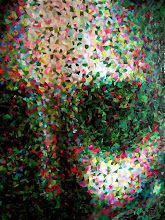
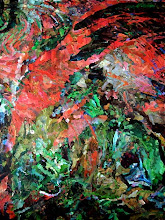
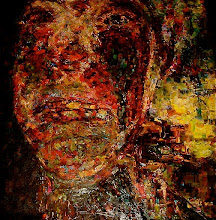
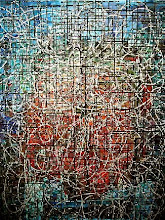
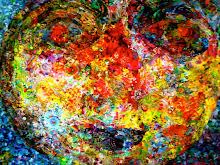
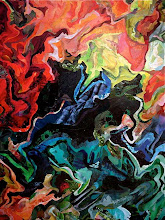
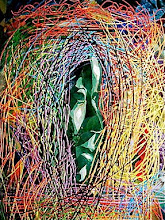
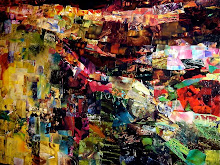
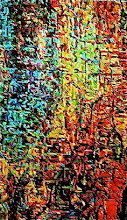
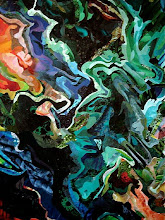
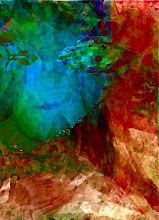.jpg)
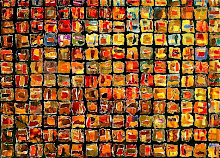
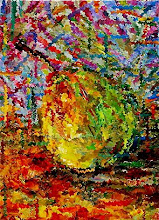
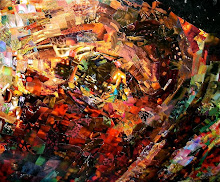
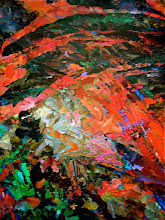
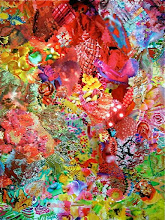
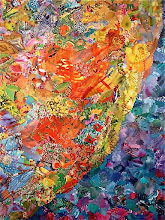
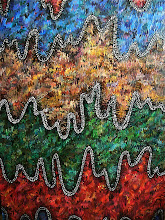
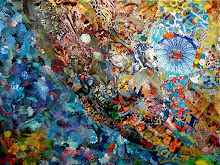
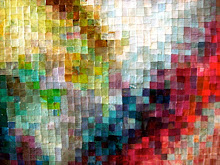
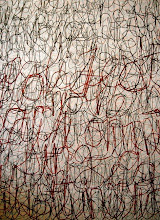
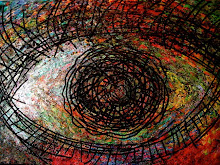
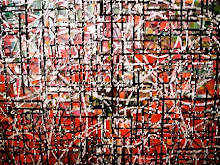
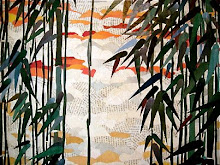
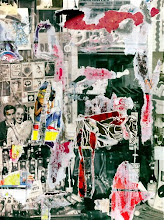
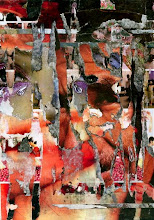
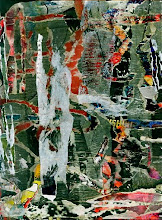
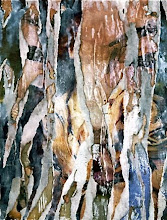


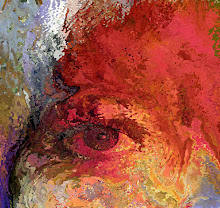
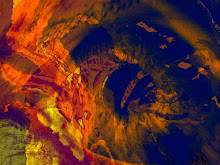
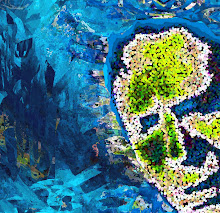
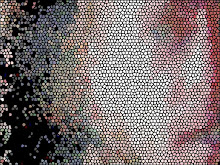.jpg)
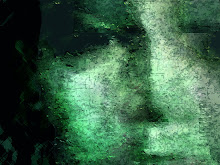
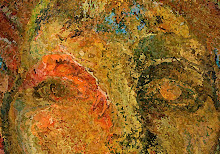
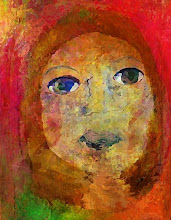.jpg)
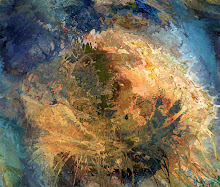
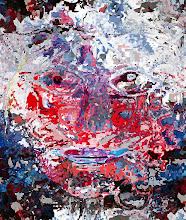
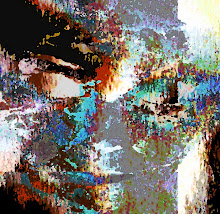
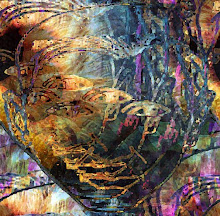


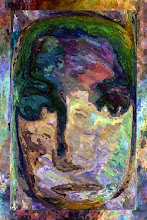photo+album).jpg)
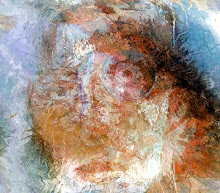.jpg)
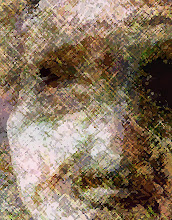
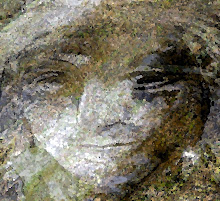
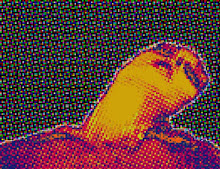
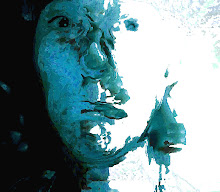
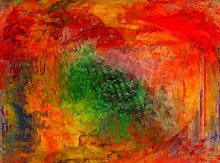





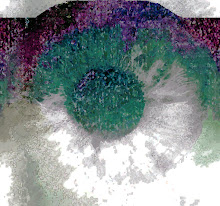
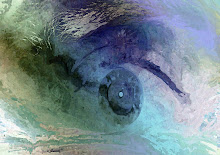

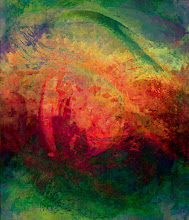

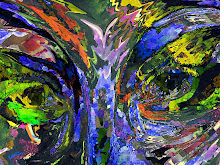
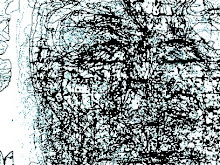.jpg)
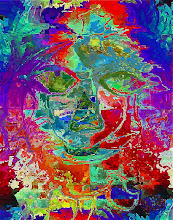

No comments:
Post a Comment